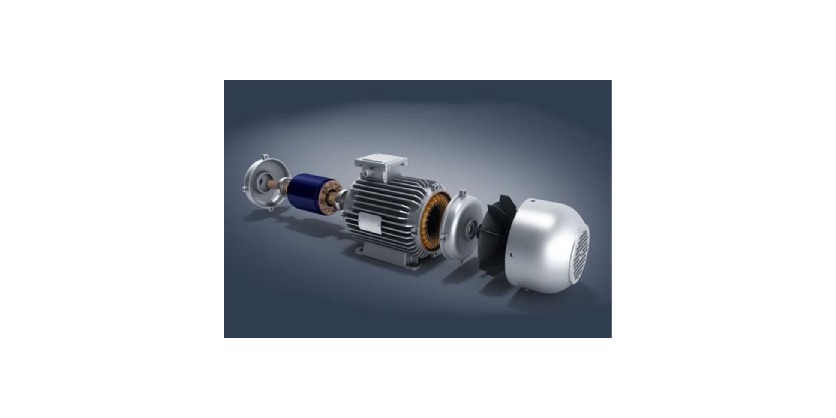Electric Motors Market to Reach USD 240.61 Billion by 2032
April 22, 2025

Market Summary:
The global electric motors market size was USD 129.78 Billion in 2023 and is likely to reach USD 240.61 Billion by 2032, expanding at a CAGR of 7.1% during 2024–2032. The market is driven by the rising trend of industrial automation and surging adoption of electric vehicles, worldwide.
Increasing demand for energy-efficient solutions is expected to drive the market during the projection period. These motors, the heart of most machinery, are becoming sophisticated, efficient, and adaptable. The latest trends indicate a shift toward smart, digitally-enabled motors that communicate their operational status, predict maintenance needs, and optimize energy consumption. This digital transformation is creating new opportunities for businesses to improve operational efficiency and reduce environmental impact.
Market Drivers and Trends
One of the primary drivers of the electric motors market is the rapid growth of electric vehicles (EVs). As countries implement stringent emissions regulations and incentivize clean transportation, automakers are investing heavily in EV development, which requires advanced electric motors. Additionally, the expansion of industrial automation and the increased use of robotics in manufacturing have spurred demand for high-performance motors. The market is also benefiting from advancements in motor technology, including brushless DC motors and smart motors, which offer greater efficiency, reliability, and control.
Challenges and Restraints
Despite its growth, the electric motors market faces several challenges. High initial costs of advanced electric motors and integration issues in existing systems can hinder widespread adoption, especially among small and medium enterprises. Furthermore, the industry is dealing with supply chain disruptions and raw material price volatility, which can impact production costs and profitability. Ensuring motor efficiency while meeting environmental regulations is another critical hurdle manufacturers must navigate.
Future Outlook
Looking ahead, the electric motors market is expected to maintain a positive trajectory, supported by continuous innovation, supportive government policies, and growing applications in renewable energy and smart technologies. As industries strive to reduce carbon footprints and enhance operational efficiency, the demand for high-efficiency electric motors will continue to rise. Integration with IoT and AI is also likely to create smarter motor systems, driving future growth in both consumer and industrial segments.
Emerging Opportunities
Growing adoption of electric vehicles also offers substantial potential for the electric motors market. The automotive industry is projected to increase its reliance on electric motors, given the rising consumer preference for electric and hybrid vehicles. This trend is projected to fuel the market, as electric motors form a crucial component of these vehicles.
Surging industrial automation is another promising opportunity for the electric motors market. Industries are increasingly moving toward automation which is consequently increasing the demand for high-performance electric motors. These motors are essential for automated processes, making them a key factor in the anticipated growth of the market.
Electric Motors Market: Competitive Landscape
Key players competing in the global electric motors market are ABB; AMETEK; Arc Systems Inc.; DENSO; GE; Hitachi; Johnson Electric; Mitsubishi Heavy Industries; Nidec Motor Corporation; Regal Beloit Corporation; Rockwell Automation; Siemens; TECO-Westinghouse Motor Company; Toshiba Corporation; and WEG.
These companies use development strategies including mergers, acquisitions, partnerships, collaboration, and product launches to expand their consumer base worldwide.




